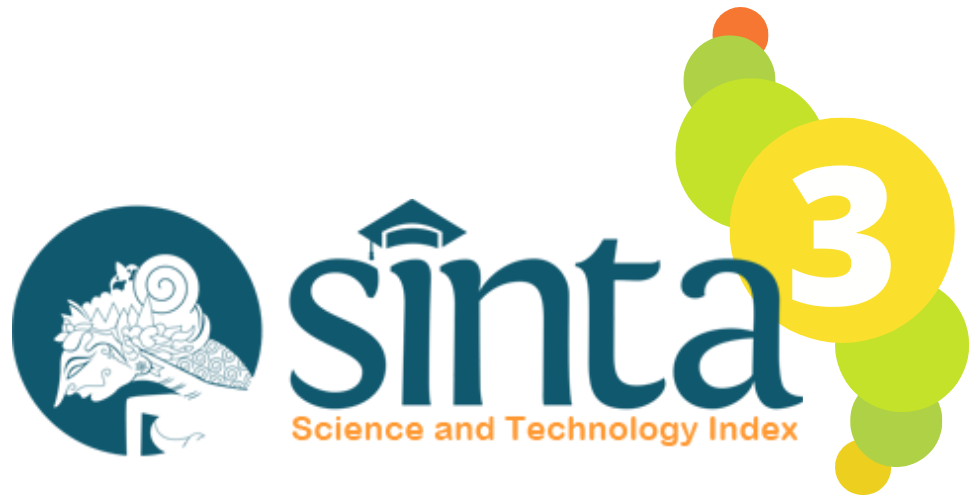Chile GEI Index: A Comparative Study in Latin America/Carribbean
DOI:
https://doi.org/10.33086/bfj.v9i1.5820Keywords:
Global Entrepreneurship Index, entrepreneurship, development,, qualitativeAbstract
Entrepreneurship, widely acknowledged as pivotal for economic development, has spurred global interest among policymakers, prompting the formulation of policies aimed at fostering entrepreneurial activities. Entrepreneurs, driven by vision, innovate products, processes, and services, thereby stimulating economic growth, creating employment opportunities, and bridging the gap between invention and commercialization. As economies seek ways to accelerate employment and enhance productivity, entrepreneurship emerges as a potential solution, particularly for those grappling with prolonged economic crises. To better understand and improve entrepreneurial landscapes, scholars have developed measurement methods, with the Global Entrepreneurship Index (GEI) standing out as a comprehensive model. By blending entrepreneurship with institutional factors, GEI offers insights into a country's entrepreneurial ecosystem. It comprises three sub-indexes, each reflecting entrepreneurial attitudes, abilities, and aspirations, supported by 14 pillars and 28 variables. GEI recommends five levels of index building to gauge entrepreneurship at the national level.
This study focuses on Chile's entrepreneurship profile, utilizing world data from GEI that available spanning 2015 to 2017. Chile, positioned 15th in the World GEI Index during this period, stands out as the only representative from South America/Latin America/Caribbean countries. Despite its economic strength and numerous trade agreements, Chile has room for improvement to bolster its regional standing. Entrepreneurship measurement methods encompass quantitative and qualitative approaches. While quantitative methods offer statistical insights, they may lack depth in understanding entrepreneurship's broader impact. Qualitative methods, in contrast, delve deeper into the correlation between entrepreneurship and economic development, emphasizing opportunity-driven entrepreneurship and innovation. GEI methodology offers a unique perspective, integrating institutional and cultural dimensions to assess entrepreneurship's role in economic development. Notably, GEI highlights the importance of addressing bottlenecks within entrepreneurial ecosystems, wherein the lowest-performing pillars impede overall progress. The Triple-A structure of GEI encompasses entrepreneurial attitudes, abilities, and aspirations, underpinned by 14 pillars reflecting both individual and institutional variables.
Downloads
References
Acs, Z., Åstebro, T., Audretsch, D., & Robinson, D. T. (2016). Public policy to promote
entrepreneurship: a call to arms. Small Business Economics, 47(1), 35-51.
Ács, Z. J., Autio, E., & Szerb, L. (2014). National systems of entrepreneurship: Measurement
issues and policy implications. Research Policy, 43(3), 476-494.
Acs, Zoltan J. Szerb, Laszlo Lafuente, Esteban and Gábor Márkus (2020) ‘The Global
Entrepreneurship Index 2019’ (Januar, 18 2020). Global Entrepreneruship and
Development Institute, Washington D.C. p. 71 Available at Researh Gate: https://www.researchgate.net/publication/338547954_Global_Entrepreneurship_Index_2019
Acs Zoltan J. - Estrin Saul - Mickiewicz Tomasz - Szerb László (2018) Entrepreneurship,
Institutional Economics and Economic Growth: A Systems Perspective, Small Business Economics, 51(2), 501-514 https://doi.org/10.1007/s11187-018-0013-9
Acs, Z. J., Szerb, L., & Autio, E. (2016). The global entrepreneurship and development
index. In Global Entrepreneurship and Development Index 2015 (pp. 11-31). Springer International Publishing.
Acs, Z., Åstebro, T., Audretsch, D. B., Robinson, D. T. (2016): Public policy to promote
entrepreneurship: a call to arms. Small Business Economics, 47, 35–51.
Amorós, J. E. et al. (2016) ‘International entrepreneurial firms in Chile: An exploratory
profile’, Journal of Business Research, 69(6), pp. 2052–2060. doi:
1016/j.jbusres.2015.10.150.
Auerswald, P. E. (2015). Enabling entrepreneurial ecosystems: Insights from ecology to
inform effective entrepreneurship policy., Kauffman report, https://www.kauffman.org/-/media/kauffman_org/research-reports-and-covers/2015/10/enabling_entrepreneurial_ecosystems.pdf
Autio, E., Szerb, L., Komlósi, É. and Tiszberger, M., EIDES 2020: The European Index of
Digital Entrepreneurship Systems, Nepelski, D. editor(s), EUR 30250 EN, Publications Office of the European Union, Luxembourg, 2020, ISBN 978-92-76-19444-6 (online), doi:10.2760/150797 (online), JRC120727.
Calza, E., & Goedhuys, M. (2016). Entrepreneurial heterogeneity and the design of
entrepreneurship policies for economic growth and inclusive development (No. 043). United Nations University-Maastricht Economic and Social Research Institute on Innovation and Technology (MERIT).
Devlin, R, Moguillansky (2011) ‘Breeding Latin America Tigers’, WorldBank.
https://elibrary.worldbank.org/doi/abs/10.1596/978-0-8213-8688-0
Mann, J., Shideler, D. (2015): Measuring Schumpeterian activity using a composite indicator.
Journal of Entrepreneurship and Public Policy, 4 (1), 57–84.
Marx, A.; A. Suse and M. Sanders (2018) Report - Policy Brief on the FIRES 7-step Method for Entrepreneurship Policy Making, FIRES reports http://www.projectfires.eu/wp-content/uploads/2018/05/d6.4-policy-brief-final-2_ms.pdf
Szerb, L., Komlósi, É., & Páger, B. (2016). Measuring Entrepreneurship and Optimizing
Entrepreneurship Policy Efforts in the European Union. CESifo DICE Report, 14(3), pp. 8-23. https://www.econstor.eu/bitstream/10419/167269/1/ifo-dice-report-v14-y2016-i3-p08-23.pdf
Szerb, L.- Trumbull, W.(2018) Entrepreneurship development in Russia: Is Russia a normal
country? An empirical analysis, Journal of Small Business and Enterprise Development, https://doi.org/10.1108/JSBED-01-2018-0033 available online, https://www.emeraldinsight.com/doi/pdfplus/10.1108/JSBED-01-2018-0033
Szerb, L., & Trumbull, W. N. (2016). The Development of Entrepreneurship in the European
Transition Countries: Is Transition Complete?. Strategic Change, 25(2), 109-129.
Stam, E. (2015): Entrepreneurial Ecosystems and Regional Policy: A Sympathetic Critique,
European Planning Studies, 23(9), 1759–1769.
Stangler, D., & Bell-Masterson, J. (2015). Measuring an Entrepreneurial Ecosystem.
Kauffman Foundation. March.
UNDP HDI Report. http://hdr.undp.org/en/content/human-development-index-hdi
Downloads
Published
How to Cite
Issue
Section
License
Copyright (c) 2024 Dina Safitri

This work is licensed under a Creative Commons Attribution-ShareAlike 4.0 International License.













